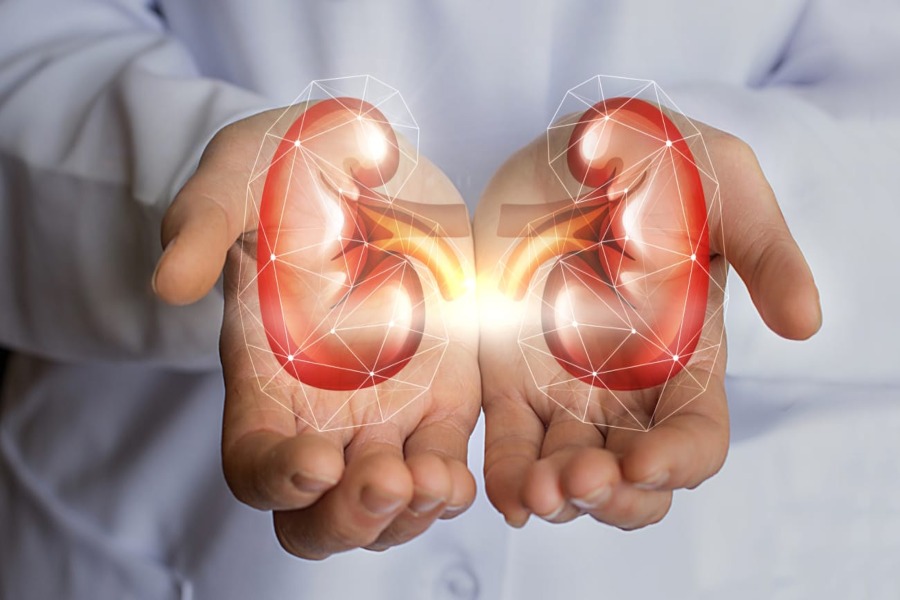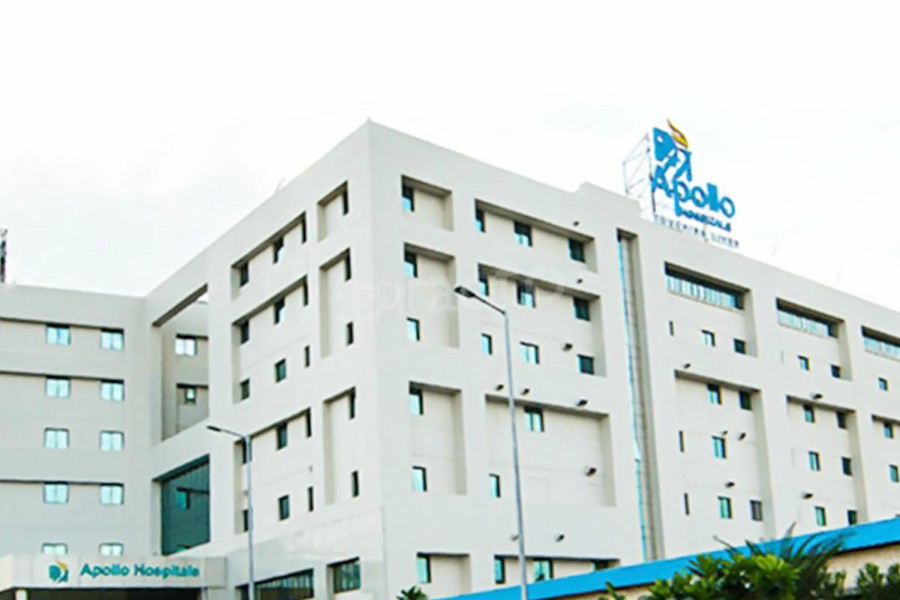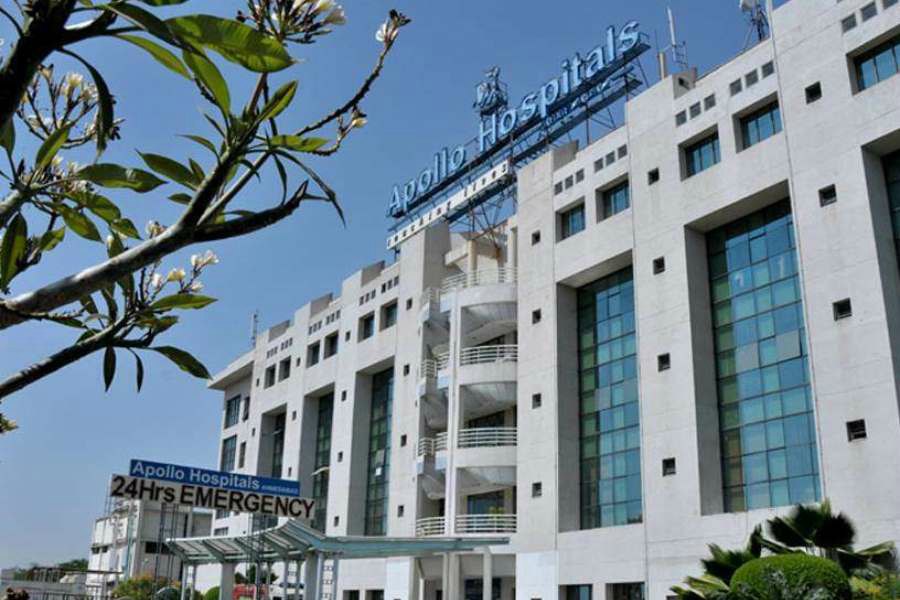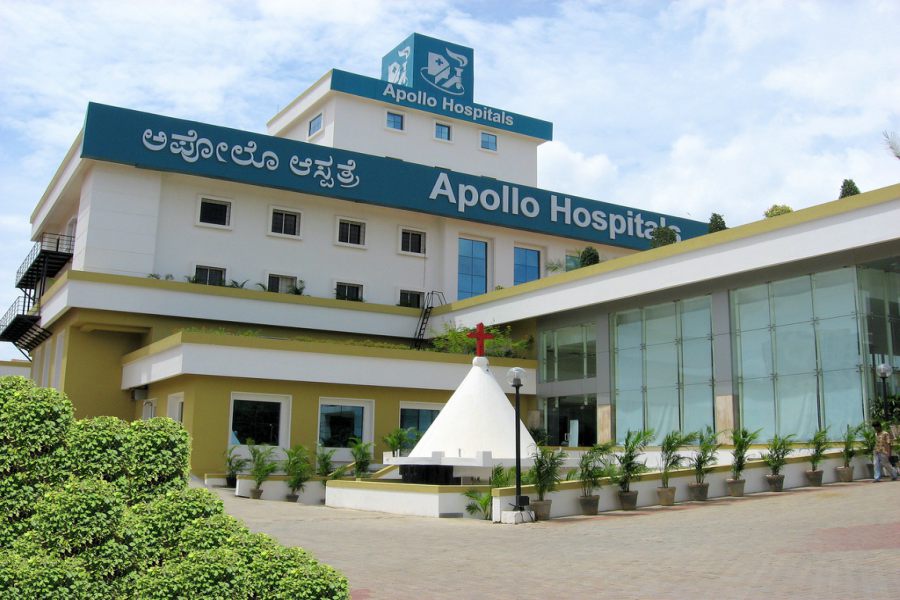
Overview
A person with kidney failure can live either on dialysis or by undergoing a kidney transplant. For such patients, kidney transplant can be a life-changing opportunity that can increase the chances of living a healthy and long life.
Kidney transplant is a surgical method of replacing a damaged kidney with a healthy kidney in the body. This surgery is mostly safe and successful. The donor can be a dead person (who recently died) or a living individual who may be a relative, sibling, friend or spouse of the recipient.
ELIGIBILITY
A person with kidney failure (end-stage kidney failure) who is fit for surgery can undergo a kidney transplant. But, kidney transplant cannot be done if a person is aged or has:
- Severe heart disease
- Active cancer or has been recently treated
- Poorly controlled mental illness or dementia
- Habit of consuming alcohol or abusing drugs
- Any factors that may affect the treatment procedure
- Condition due to which he/she cannot take required medications to prevent organ rejection
PREPARATION BEFORE PROCEDURE
Kidney transplant is a major surgery. Therefore, the preparation for the surgery is started well in advance. Complete health check-up is done to evaluate the general health of the person and determine whether he/she is fit for the surgery. The evaluation may include complete physical examination, imaging tests like MRI, CT scan or X-ray, blood tests, colon exam, heart and lung exams, kidney and liver test, and psychological tests. If your doctor has recommended some specific tests, they will also be performed during the evaluation.
If you are fit for a kidney transplant, the first step will be finding a suitable donor for you.
PROCEDURE TYPE
A kidney donor can be a dead or living person who may or may not be related to you. Several other factors are also considered while choosing a suitable kidney donor:
-
Blood typing: It is preferred that the blood type of the donor should match or be compatible with your blood type. In some cases, blood type incompatible transplant (ABO incompatible kidney transplant) can also be done by giving additional medical treatment before and after the procedure.
-
Tissue typing: Once the blood type is matched or found to be compatible, the tissue typing test (human leukocyte antigen [HLA]) is done. In this test, the genetic markers that increase the chances of transplanted kidney to work for longer span are compared.
-
Crossmatching: This test is done to detect whether the antibodies in your body will react against the specific antigen in the donor's blood. A small amount of your blood is mixed with the blood of the donor in the lab. A negative crossmatch is best suitable for a kidney transplant. However, positive crossmatch kidney transplant can also be done by giving extra medical treatment before and after the procedure.
Some other factors like age, kidney size and exposure to infection may also be matched to find a suitable donor.
ABOUT PROCEDURE
The surgery is performed under the effect of general anaesthesia. During the procedure, the heart rate, blood oxygen level, and blood pressure are monitored throughout the surgery.
An incision is created on the lower abdomen on one side. The donated kidney is then placed into the abdomen. The major blood vessels of the donated kidney are then connected to the important blood vessels of the person. The urethra of the new kidney is connected to the bladder. A kidney from a living donor starts working quickly, whereas the kidney form dead donor may take some time to work.
After completing the procedure, the incision is stitched back.
POST-PROCEDURE CARE
After the surgery, you will have to stay in the hospital for a few days or a week to be closely monitored until you recover. Till the kidney starts to function properly (forming urine), you may be kept on dialysis.
You will be given immunosuppressants to decrease the chances of organ rejection. The next day after the surgery, your care team will ask you to get up and move around slowly.
RECOVERY TIPS
The following measures may aid in speedy recovery:
- Avoid putting pressure or stress on the site of surgery
-
Avoid lifting heavy weights (more than 10 pounds)
-
Avoid doing strenuous exercises
-
Check your blood pressure and weight regularly


 Best Hospitals
Best Hospitals












